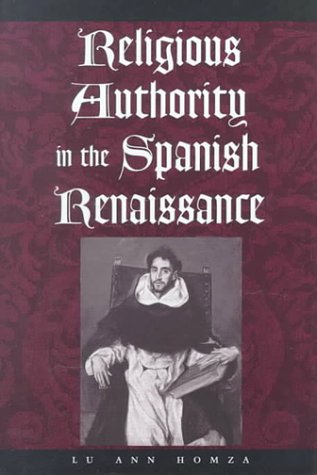The traditional view of the Spanish Renaissance is of a battle of opposites - humanists against scholastics, and followers of Erasmus in discord with conservative Catholics. In this work, Lu Ann Homza aims to offer a more subtle paradigm, recovering profound nuances in Spanish intellectual and religious history. Through analyses of Inquisition trials, biblical translations, treatises on witchcraft and tracts on the episcopate and penance, Homza illuminates the intellectual autonomy and energy of Spain's ecclesiastics. Although historians have long known that Spanish intellectuals in the early modern period could display inconsistencies in their preferences for humanism or scholasticism, this book demonstrates how such inconsistency - or elasticity - actually played out in practice. Charting the ways in which Spanish priests and friars read and cited their sources and designed the clerical and secular estates, Homza reveals surprising movements between humanism and scholasticism. As they regarded the Bible, Church history, or the pastoral care of souls, Spanish ecclesiastics displayed more flexibility and creativity than historians previously imagined.
Homza's approach aims to considerably deepen our understanding of the Renaissance in Spain, and her findings have implications for the understanding of the European Renaissance as a whole.
- ISBN10 0801862434
- ISBN13 9780801862434
- Publish Date 1 January 2000
- Publish Status Active
- Out of Print 14 September 2009
- Publish Country US
- Imprint Johns Hopkins University Press
- Format Hardcover
- Pages 344
- Language English
